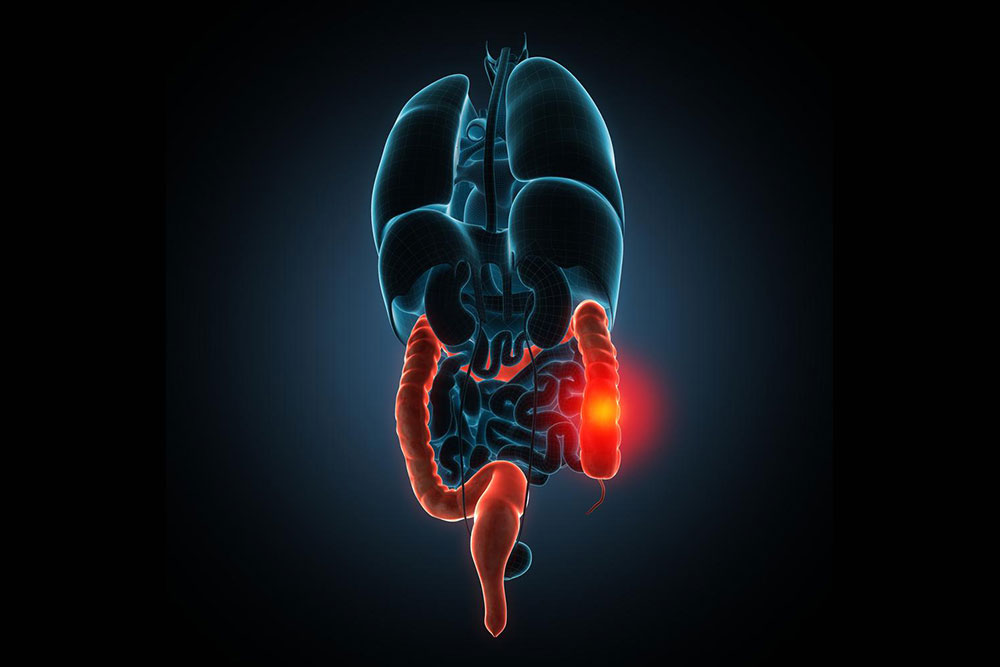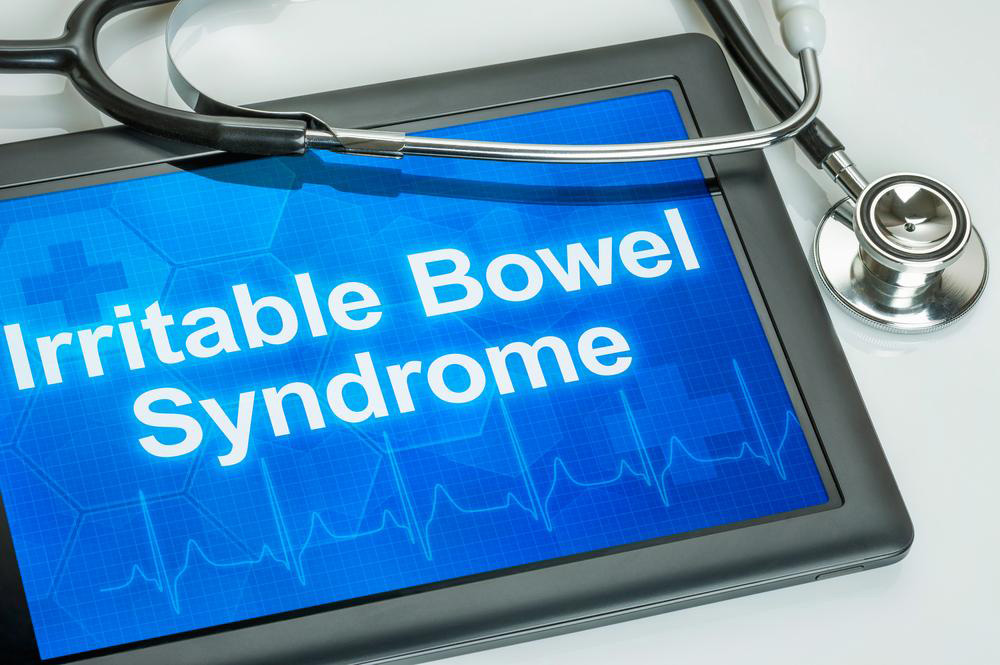Comprehensive Strategies for Managing Irritable Bowel Syndrome Effectively
This comprehensive guide explores effective strategies for managing Irritable Bowel Syndrome (IBS). Covering dietary modifications, lifestyle changes, medications, probiotics, psychological therapies, and alternative treatments, it provides a holistic approach to alleviating symptoms and improving quality of life. Suitable for those seeking relief from IBS, the article emphasizes personalized treatment plans and mental health support to enhance wellbeing. Learn how to navigate symptoms and live actively despite IBS challenges.

Comprehensive Strategies for Managing Irritable Bowel Syndrome Effectively
Irritable Bowel Syndrome (IBS) is a prevalent gastrointestinal disorder that impacts millions globally. Characterized by a range of uncomfortable symptoms such as abdominal pain, bloating, irregular bowel habits—including diarrhea and constipation—and mucus in stool, IBS significantly influences quality of life. Understanding the complexities of this condition and exploring effective management strategies are essential for individuals seeking relief and improved wellbeing.
Irritable Bowel Syndrome is a multifaceted disorder involving disturbances in gut motility and sensory functions. Its development is influenced by an intricate interplay of physical, psychological, and lifestyle factors. While the exact cause remains unknown, research indicates that the condition stems from abnormalities in how the brain and gut communicate, heightened visceral sensitivity, and alterations in gut microbiota. Managing IBS effectively requires an integrated approach that considers these various elements, emphasizing personalized treatment plans that address physical symptoms and mental health concerns.
Global statistics reveal that approximately 25 to 45 million people suffer from IBS, with a higher prevalence among women. Symptoms often begin in late adolescence or early adulthood, although they can persist or fluctuate throughout life. Individuals with IBS frequently face challenges such as disrupted daily routines, anxiety, depression, and social discomfort due to unpredictability of symptoms. Therefore, a holistic management strategy becomes vital to help these individuals regain control over their lives and minimize symptom severity.
Addressing IBS involves a combination of lifestyle modifications, dietary adjustments, pharmacological interventions, psychological therapies, and alternative medicine approaches. Each component aims to reduce symptom frequency and intensity, improve gut health, and promote mental wellbeing.
Key Strategies for Effective IBS Management
Diet and Lifestyle Modifications
Dietary changes form the cornerstone of IBS management. Patients are advised to identify and avoid trigger foods that worsen symptoms, such as high-fat foods, spicy meals, alcohol, and caffeine. Incorporating a low-FODMAP diet—limiting fermentable oligosaccharides, disaccharides, monosaccharides, and polyols—has shown significant benefits in reducing bloating and discomfort.
Additionally, consuming smaller, more frequent meals helps minimize gut stress and prevent overloading the digestive system. Adequate hydration, regular exercise, and ensuring sufficient sleep are also critical. Stress management techniques—like mindfulness, meditation, and yoga—are integral because stress exacerbates IBS symptoms by influencing gut motility and sensitivity.
Consulting a registered dietitian for personalized nutritional guidance optimizes these lifestyle changes.
Medications Tailored to Symptoms
When lifestyle adjustments are insufficient, medications can be prescribed to manage specific symptoms. Antispasmodic drugs help reduce abdominal cramps and spasms. Anti-diarrheal agents like loperamide are used to control diarrhea, while laxatives may be necessary for constipation-dominant IBS, with caution to prevent dependency.
For patients experiencing severe symptoms linked to stress or anxiety, medications such as antidepressants or anti-anxiety drugs may be beneficial.
It is imperative to consult healthcare professionals before initiating any medication regimen to ensure safety and appropriateness.
Restoring Gut Microbiota through Probiotics and Antibiotics
Emerging research highlights the importance of gut microbiota in IBS. Probiotics—beneficial bacteria—can help restore balance, alleviate bloating, reduce diarrhea, and improve overall gut health. Different probiotic strains have varying effects, so personalized probiotic therapy under medical guidance is recommended.
In some cases, clinicians may prescribe antibiotics like rifaximin to eliminate specific bacteria contributing to symptoms. However, such treatments should be approached cautiously and under strict medical supervision to prevent resistance and adverse effects.
Psychological and Behavioral Therapies
Psychological factors play a substantial role in IBS. Stress, anxiety, and depression can magnify physical symptoms, creating a vicious cycle. Cognitive Behavioral Therapy (CBT) has demonstrated effectiveness in reducing anxiety and altering maladaptive thought patterns associated with chronic health issues.
Other therapeutic approaches such as hypnotherapy, mindfulness-based stress reduction (MBSR), and relaxation techniques can significantly lessen symptom severity and enhance quality of life. Psychological support provides patients with coping tools to better manage their condition and reduce the impact of stressors.
Harnessing Alternative and Complementary Therapies
Complementary therapies, including acupuncture, herbal medicine, meditation, and yoga, have gained popularity in managing IBS symptoms. Acupuncture has shown promise in relieving abdominal pain and bloating. Herbal remedies such as peppermint oil possess antispasmodic properties, which can soothe intestinal muscles.
Meditation and mindfulness practices help lower stress levels, positively influencing gut function. These holistic approaches are generally safe when used appropriately and can be integrated into a comprehensive treatment plan.
While Irritable Bowel Syndrome does not increase the risk for more severe colon diseases like cancer or inflammatory bowel disease, its impact on daily life can be profound. Persistent symptoms can lead to social withdrawal, anxiety, and reduced productivity. Though not life-threatening, IBS demands ongoing management and patient education to minimize discomfort and enhance quality of life.
In conclusion, effective IBS management is multifaceted, requiring a personalized approach that combines dietary adjustments, lifestyle changes, medication, psychological support, and alternative therapies. Patients who actively engage in their treatment plans, seek professional guidance, and adopt stress-reduction techniques often experience significant symptom relief. With comprehensive management, individuals with IBS can regain control over their symptoms and lead healthier, more comfortable lives.





